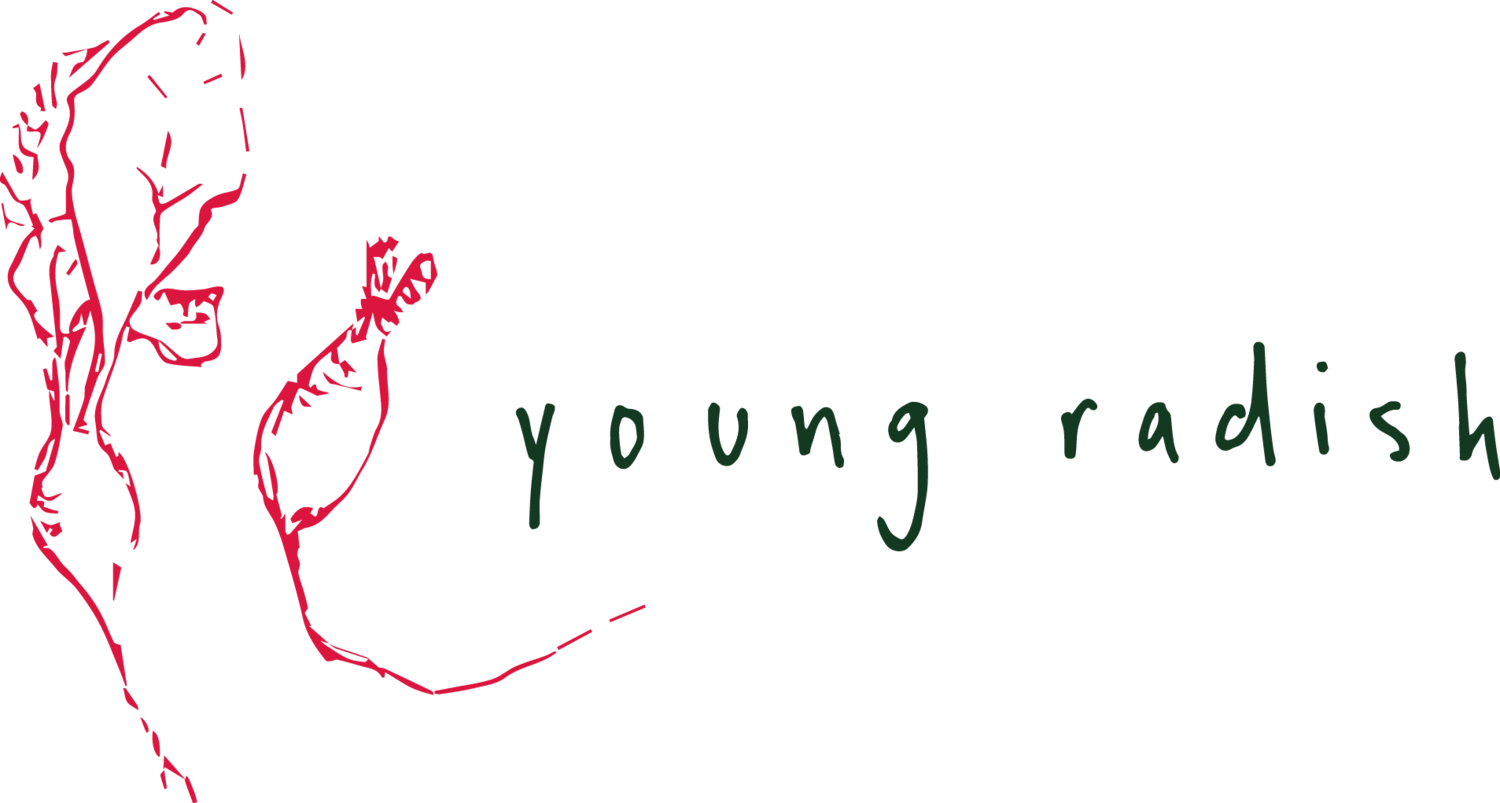Jameelah Muwonge
Blackout poem text from my mother
“Essungu Ly’ekiro” by Nakisanze Segawa
Segawa’s original spoken word performance
The night should be full of pride
The night brings calmness
The night brings evil
To women
To their bodies
And you experienced the evil
The anger
The anger you didn’t deserve because you were filled with happiness
Happiness that gave other things, people an affect
The night of evil
The night of evil
The night of evil
The evil that took your body
The evil that didn’t give you a chance
Evil that gave you a false statement
The evil that keeps ending women’s lives
You want to know what happened to you
Your relatives want to know what happened to you
We as women want to know who does this to us?
The evil
The evil that took your identity
And it only took one night
Sometimes the night brings evilness
calmess
Or pride
-Translated from Luganda by Jameelah Muwonge
The night is dull
With the silence
With the moon as white as a skull
Nothing happens in the night
Until the night becomes angry
Angry with winds and sad with rain
Hungry, treating people like food in a pantry
When will this stop?
The mood swings of the night
The mood swings of the night
The mood swings of the night
Soon, the morning will come
Happy with sunlight
Happy with birds singing to the beat of the drum
Nothing may happen in the night
But soon, day will come
-Translated from Luganda by Jameelah Muwonge
Translator’s statement
Nakisanze Segawa is a Ugandan poet, storyteller, and author. She has written a novel called The Triangle, was in third place for the 2019 Beverley Nambozo Poetry award for her poem called “The Hustler,” and has written many stories: ''Walking the Familiar Path,” “JJ,” Luwero Triangle,” and many more. Along with being an author, storyteller, and poet, she reports issues for human rights and health in Uganda with an organization called Action for Development (also known as ACFODE).
The poems I translated are about women (one of whom happens to be someone she knows/ is close to) getting killed at night in Uganda and how the government is doing nothing because it’s always ruled as a “sacrifice” or “accident.” Like some poets, Segawa has a change in her tone in different parts of the poem and uses rhyme and repetition:
The madness of the night
The madness of the night
The madness of the night
This shows how so many women have been killed in the night, how no one has done anything about it, and she’s showing awareness for those women by reciting it in a poem form.
Both translations I made out of that poem are completely different and focus on different parts of the original poem. The first translation focused on stanzas and repetition while the second translation focused on only the rhymes. My overall translation process was a bit hard because I didn’t have the actual poem written down in Luganda, it was only the recording I could have access to. My dad and I’s thoughts were that it is so sad and infuriating that people would do that to women. And what's most frustrating is that they don’t know the people doing this so nobody’s getting justice. The challenges I faced in the first translation is trying to have the same stanzas as the original and trying to put all of the content that was in the original. The challenges I faced in the second translation is rhyming. When switching to a different language, the rhyming gets tricky because the same words that rhyme in Luganda translated most likely don't rhyme in English.
“The answer to the question, ‘Can I translate a poem?’ is of course no. The translator meets too many contradictions which he cannot eliminate; he must make too many sacrifices.” - I totally agree with Bonnefoy because sometimes there are no words in English that another language may have, the rhyming in another language will not be rhyming in English, and overall, the feeling and well-placed poem in one language will not be the same in another.
For my blackout poem, I interviewed my mom. I thought it was a bit weird because 1, I never talk to my mom about the history of our heritage language, and 2, I feel like I should already know my heritage language and the history behind it in our family. When interviewing, I did have one question which was “Who in our bloodline doesn’t know how to speak Luganda ?” and she said “Everybody in our family speaks Luganda,” everyone but me fluently. In the blackout poem, I wanted to focus on when my mom said Luganda and how it’s connected to our culture and the youth because that’s how the language got passed down generation by generation, but somehow when she had me, the language had gotten lost by me.
Bibliography
“ACFODE mourns Wakiso women murders: Essungu Ly'ekiro poem by Nakisanze Segawa.” YouTube, 30 January 2018, https://www.youtube.com/watch?v=ZU0waUGEjy0. Accessed 25 April 2023.
Bonnefoy, Yves. “The Translation of Poetry.” Trans. Hoyt Rogers. Cited in Rogers, “Yves Bonnefoy and the Art of Translation,” The New Arcadia Review, vol. 2 (2004).
“Nakisanze Segawa.” Wikipedia, https://en.wikipedia.org/wiki/Nakisanze_Segawa. Accessed 25 April 2023.
Segawa, Nakisanze, and Stephanie Wolters. “Nakisanze Segawa, Author at African Arguments.” African Arguments, https://africanarguments.org/author/nakisanze-segawa/. Accessed 25 April 2023.
*
Jameelah Muwonge is a 16-year old sophomore student from Meridian Academy. She likes to write, try new things, and sing! Her favorite subject in school is humanities because of the teacher, Eric Fishman.

